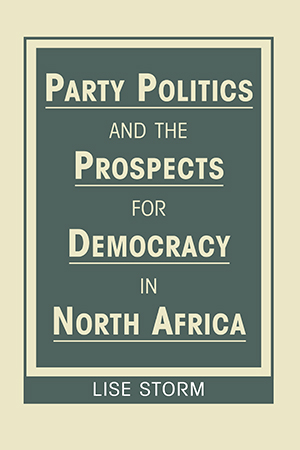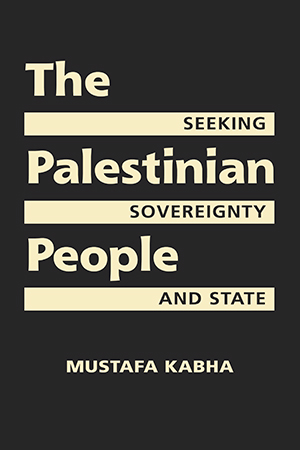BOOKS
Privacy, mobility, dignity—living in a vehicle offers many advantages over life in a shelter or on the street. Michele Wakin broadens our understanding of homelessness by exploring the More >
What explains the boom in private prisons—especially since the record of privatization for rehabilitating prisoners and saving taxpayer dollars is, at best, mixed? Karyl Kicenski More >
When is killing an abusive partner an act of murder, and when is it self-defense? How does our criminal justice system deal with battered women who kill, and to what effect? Rachel Schneider More >
Cassia Spohn and Katharine Tellis assess the criminal justice system's response to sexual assault, exploring the complex dynamics that shape the actions of police and prosecutors. The More >
Why do so many school antiviolence programs backfire? And why do policymakers keep making the same mistakes? The authors of Responding to School Violence examine the pervasive rise of school More >
What are the prospects for democracy in North Africa in the wake of the Arab Spring? Addressing that question, Lise Storm provides a rich analysis of party politics in the region. Storm More >
Mustafa Kabha plumbs the complex story of the Palestinian people, from the revolts of 1936-1939 to the present, focusing on their efforts to establish a viable independent state—and More >
How are women in the Arab world negotiating the male-dominated character of Islamist movements? Is their participation in the Islamic political project—including violent resistance More >
Choice Outstanding Academic Book! How do transformative changes in public policy take place? Why do some issues rise to the top of the political agenda, while others are completely More >
The chapters in this collection contest the framework of knowledge that has deadlocked nature and culture, tradition and modernity, scientific and indigenous, and in doing so makes a case More >

















